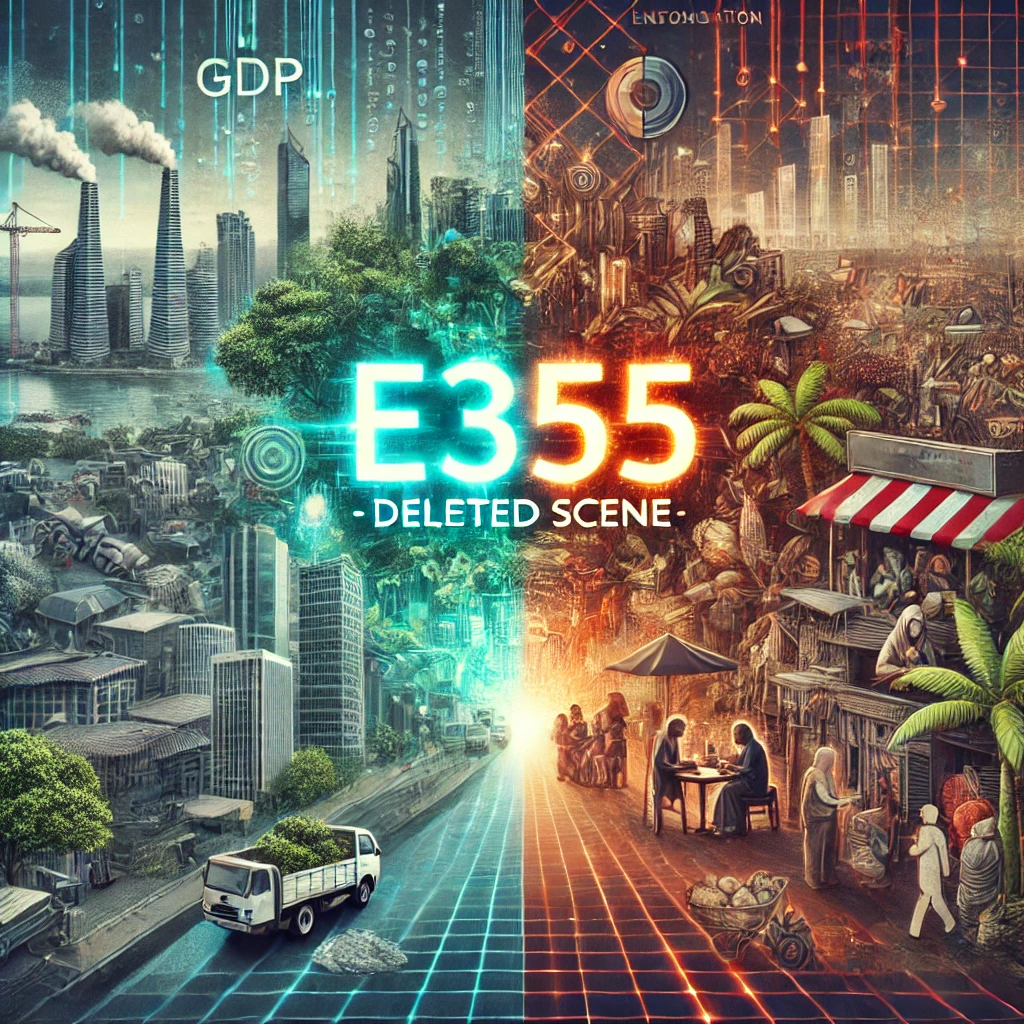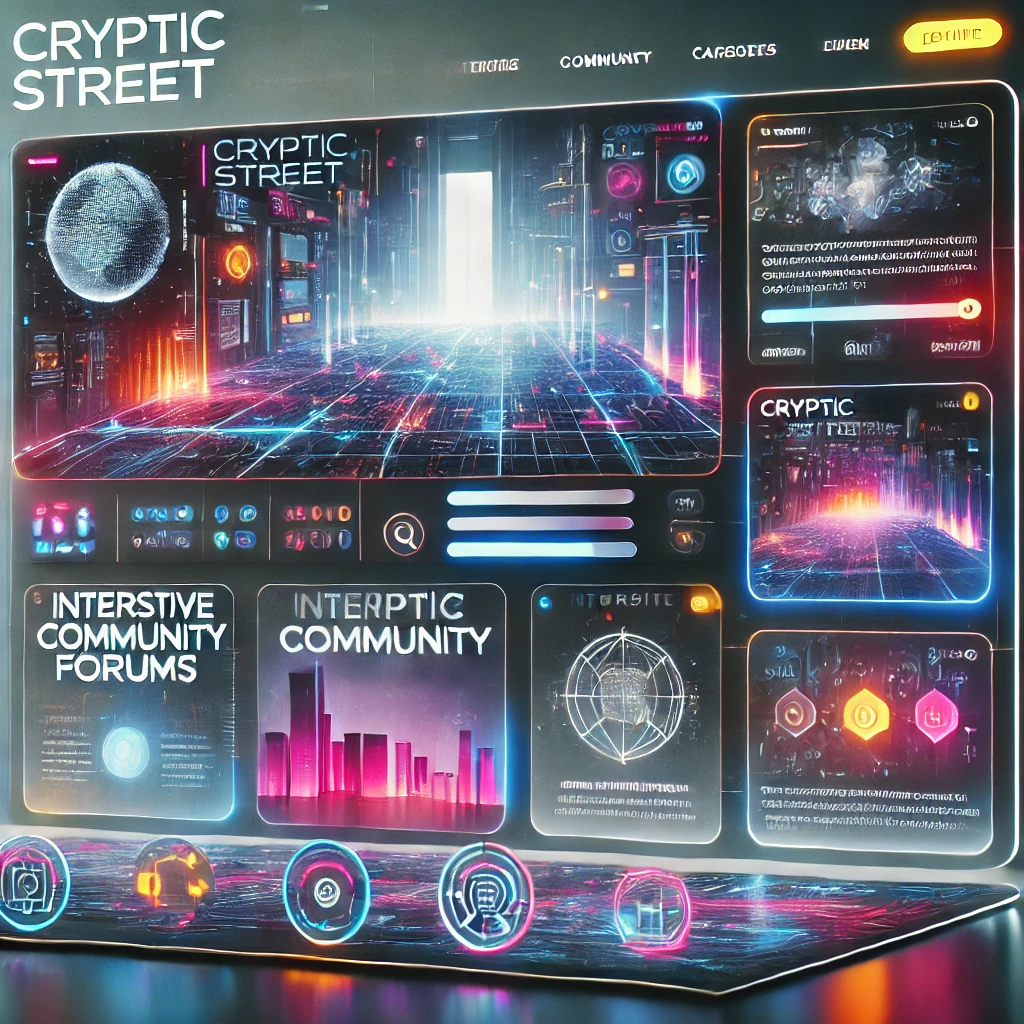GDP – Deleted Scene – E355: Unpacking the Mystery
In a world filled with constant buzz about economic policies, financial growth, and pop culture references, there lies an intriguing intersection that garners curiosity—“GDP – Deleted Scene – E355.” This keyword evokes a mix of economic terminology, artistic imagination, and cryptic specificity. While its meaning may initially seem unclear, exploring its possible connotations reveals layers of interpretation, from its economic significance to its potential as a metaphorical or creative idea.
1. GDP: The Cornerstone of Economic Health
Understanding GDP
Gross Domestic Product (GDP) is a measure of a country’s economic activity and health. It represents the total value of all goods and services produced within a nation’s borders over a specific period, typically annually or quarterly. GDP serves as a vital indicator for policymakers, businesses, and analysts, influencing decisions about investment, taxation, and spending.
GDP is commonly divided into four components:
- Consumption: The spending by households on goods and services.
- Investment: Business expenditures on capital, including machinery and infrastructure.
- Government Spending: Expenditures on public services, infrastructure, and welfare programs.
- Net Exports: The value of a country’s exports minus its imports.
Significance of GDP
A rising GDP generally signals economic growth, employment generation, and improved living standards. Conversely, a declining GDP can indicate economic slowdown or recession. By tracking GDP trends, governments can adjust policies to stabilize or stimulate the economy, such as cutting interest rates during downturns or investing in infrastructure.
2. Deleted Scene: Art and Hidden Narratives
The Concept of Deleted Scenes
In film and television, deleted scenes are moments removed from the final cut. These scenes may provide backstory, develop characters, or offer insights that were deemed unnecessary for pacing or runtime constraints. However, they often hold value for fans, offering glimpses into alternative storytelling choices.
Artistic Parallels to GDP
If “GDP – Deleted Scene” were a creative metaphor, it could symbolize the unseen aspects of economic systems. Much like deleted scenes in a film, certain facets of economic activity may go unnoticed or unrecorded within GDP statistics. These could include informal economies, unpaid labor, or environmental degradation caused by production processes. Understanding what GDP excludes sheds light on its limitations and broadens the narrative of what constitutes economic well-being.
3. E355: A Numerical Enigma
Decoding E355
The addition of “E355” to this phrase adds an intriguing layer of ambiguity. While it could refer to a specific episode in a serialized show or a technical code, its precise meaning depends on the context. Let’s consider a few possibilities:
- Cinematic or TV Reference: In the realm of deleted scenes, “E355” might hint at an episode number from a long-running series where a pivotal scene was removed.
- Economic Code: In finance, “E” often stands for an exponent in mathematical calculations. In this context, “355” could suggest a complex economic variable or dataset.
- Creative Interpretation: From a metaphorical lens, “E355” could represent a forgotten or overshadowed aspect of global economies—a statistic, a crisis, or even an overlooked demographic.
Crossing Boundaries Between Art and Economics
Combining GDP (a macroeconomic measure), deleted scenes (an artistic concept), and E355 (a numerical identifier) creates a bridge between disciplines. This combination may symbolize the interplay of visible and invisible forces in shaping societies.
4. Limitations of GDP: The Hidden ‘Deleted Scenes’
1. The Informal Economy
GDP primarily measures formal economic transactions. However, many economies, especially in developing countries, rely heavily on informal sectors. From street vendors to unregistered small businesses, these activities contribute significantly to livelihoods but remain uncounted in GDP statistics. This omission creates a “deleted scene” in understanding a nation’s true economic landscape.
2. Environmental Costs
Another critical exclusion is the environmental degradation caused by economic activities. Logging forests, mining, and industrial pollution may boost GDP temporarily but have long-term ecological consequences. Including these costs in economic metrics could provide a more holistic view of development.
3. Unpaid Labor
GDP does not account for unpaid labor, such as caregiving, household chores, and volunteering. These activities, often performed by women, form the backbone of many societies. Recognizing this labor as part of economic systems would add depth to traditional GDP measurements.
4. Well-Being Beyond Numbers
Economic growth does not always translate to improved quality of life. Factors like mental health, social equity, and access to education often lie outside GDP’s scope. By broadening the metrics, policymakers could focus on sustainable development rather than mere output growth.
5. GDP as a Metaphor for Cultural Narratives
Drawing Parallels with Storytelling
If GDP were a story, the deleted scenes would represent the unspoken narratives of history, culture, and societal evolution. Just as films may cut scenes for brevity, societies often neglect marginalized voices in their pursuit of progress. The indigenous populations, the working class, or even entire communities displaced by industrialization form the “deleted scenes” of economic history.
Interpreting E355 Creatively
In storytelling, a title like “E355” could evoke an alternative timeline or an unresolved plot thread. Economically, it might refer to unquantifiable factors that shape markets—technological innovation, cultural shifts, or geopolitical tensions. For instance:
- The rise of the gig economy post-2008 financial crisis.
- The cultural transformation caused by the COVID-19 pandemic.
6. Reclaiming the Deleted Scene: Towards Inclusive Economics
1. Green GDP
One way to address the deleted scenes in traditional GDP is by adopting Green GDP, which adjusts economic growth figures to account for environmental costs. This approach ensures that sustainability is integral to measuring progress.
2. Beyond GDP: Alternative Metrics
Countries like Bhutan have embraced alternative indicators like Gross National Happiness (GNH), focusing on holistic well-being. These frameworks account for non-material factors such as cultural preservation, environmental health, and psychological well-being.
3. Technological Innovations in Data Gathering
Emerging technologies, such as blockchain and AI, offer new ways to capture informal economic activity and previously invisible contributions to GDP. By leveraging these tools, economists can build more inclusive and accurate models.
7. The Future of Economics and Storytelling
The phrase “GDP – Deleted Scene – E355” underscores the intersection of economics and storytelling, emphasizing what is left untold in both domains. As societies evolve, there is a growing recognition of the need to integrate marginalized voices, hidden costs, and alternative measures into mainstream narratives.
Whether as a literal episode number, a cryptic economic model, or a metaphorical reflection, this keyword invites readers to question what lies beneath the surface of familiar concepts. Just as deleted scenes enrich a story, uncovering these hidden elements could redefine our understanding of progress and prosperity.
Conclusion
While “GDP – Deleted Scene – E355” may appear enigmatic, it symbolizes the richness of blending economics, art, and mystery. GDP serves as a measure of visible economic activity, yet its limitations remind us of the “deleted scenes” in societal progress. Whether exploring informal economies, environmental costs, or unpaid labor, the gaps in GDP narratives offer opportunities for rethinking development.
The inclusion of “E355” in this phrase, whether as a literal or metaphorical addition, adds depth, prompting curiosity and creative exploration. By acknowledging the unseen and integrating inclusive measures, we can move towards a future where both economic systems and cultural narratives reflect the complexities of human existence. Like the best stories, the world’s economy deserves to be told in full, with nothing left on the cutting room floor.










